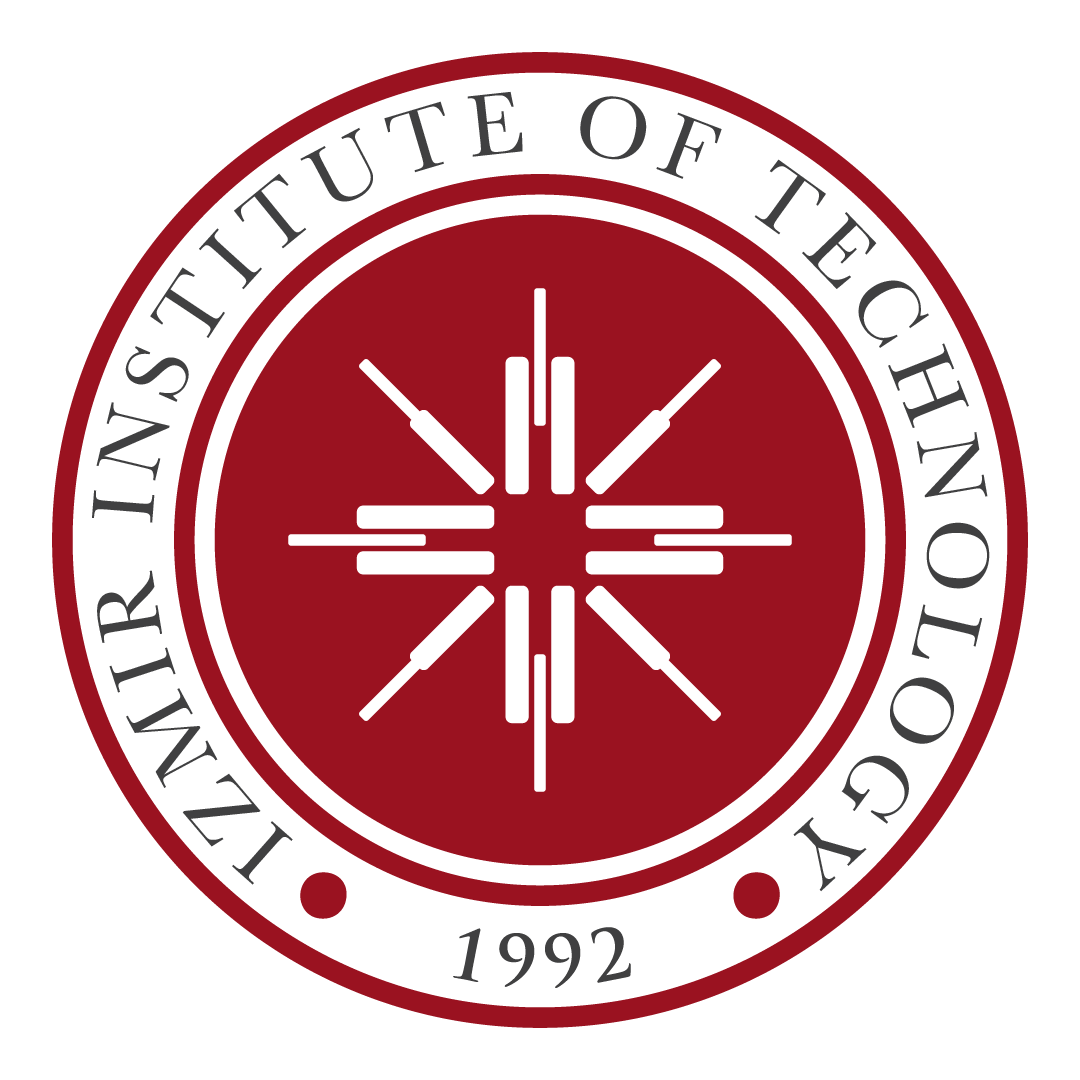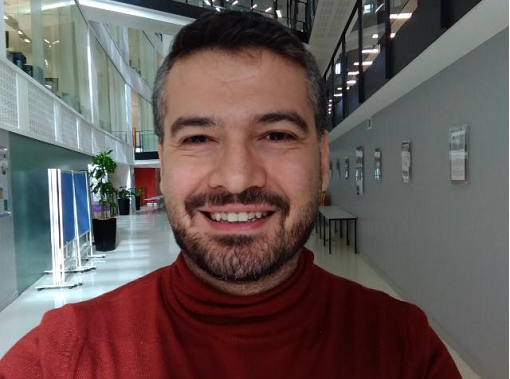CENG 534
Deep Learning for Natural Language Processing
Natural language processing (NLP) is one of the most important technologies of the information age. In traditional NLP, task-specific feature engineering and language-specific solutions were common. Recently, deep learning approaches have obtained very high performance across many different NLP tasks and multilingual solutions have been introduced. This course covers cutting-edge research in deep learning applied to NLP. Topics include word vector representations, window-based neural networks, recurrent neural networks, long-short-term-memory models, recursive neural networks, convolutional neural networks as well as some very novel models involving a memory component. A term project to implement, train, test, and visualize a custom neural network solution to a large scale NLP problem will be given.
| Week | Topics |
|---|---|
| 1 | Intro to NLP and Deep Learning |
| 2 | Simple Word Vector representations: word2vec, GloVe |
| 3 | Advanced word vector representations: language models, softmax, single layer networks |
| 4 | Neural Networks and backpropagation — for named entity recognition |
| 5 | Practical tips: gradient checks, overfitting, regularization, activation functions, details |
| 6 | Recurrent neural networks — for language modeling and other tasks |
| 7 | Recursive neural networks — for parsing |
| 8 | Review Session for Midterm |
| 9 | Convolutional neural networks — for sentence classification |
| 10 | Guest Lecture: Speech Recognition |
| 11 | Guest Lecture: Machine Translation |
| 12 | Guest Lecture: Seq2Seq and Large Scale DL |
| 13 | The future of Deep Learning for NLP: Dynamic Memory Networks |
| 14 | Project Presentations |
Instructor(s)
- CENG 500
- CENG 501
- CENG 502
- CENG 503
- CENG 504
- CENG 505
- CENG 506
- CENG 507
- CENG 508
- CENG 509
- CENG 511
- CENG 512
- CENG 513
- CENG 514
- CENG 515
- CENG 516
- CENG 517
- CENG 518
- CENG 521
- CENG 522
- CENG 523
- CENG 524
- CENG 525
- CENG 531
- CENG 532
- CENG 533
- CENG 541
- CENG 542
- CENG 543
- CENG 544
- CENG 551
- CENG 552
- CENG 555
- CENG 556
- CENG 557
- CENG 561
- CENG 562
- CENG 563
- CENG 564
- CENG 565
- CENG 566
- CENG 590
- CENG 608
- CENG 611
- CENG 612
- CENG 613
- CENG 631
- CENG 632
- CENG 641
- CENG 642
- CENG 643
- CENG 651
- CENG 661
- CENG 662
- CENG 663


